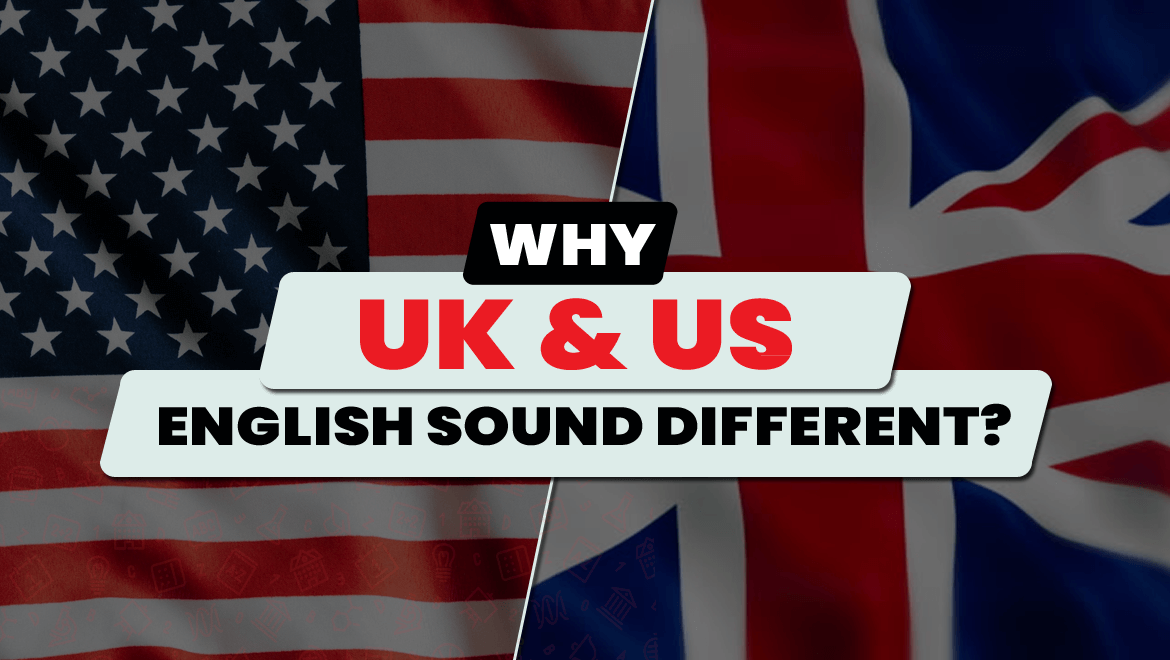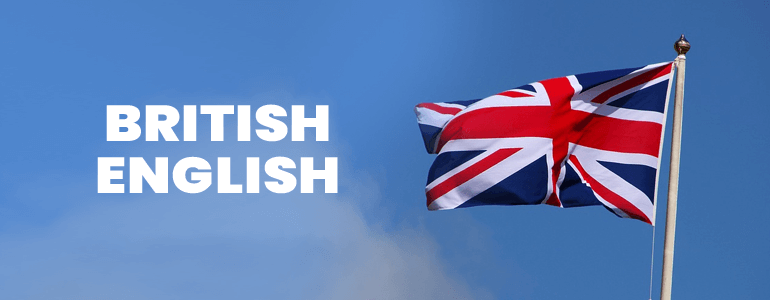

Ashish January 4, 2022 0 Comments
We may share a language but there’s nothing similar when it comes to hearing someone from the US speak to someone from the UK. Everything from putting a z everywhere to words that are spelled the same but sound entirely different when you say them – there’s a whole ocean of linguistic differences (plus an actual physical ocean) between the world’s two major English-speaking players. But never fear! If you’re learning English in London and want to know what makes your accent different from your friend learning in New York, here’s what you need to know.

This isn’t something you should tell a British person, because it was the country that gave birth to America as we know it today – but this fact really is true. When the first settlers set sail from England to America, they took with them the common tongue at the time, which was based on something called rhotic speech (when you pronounce the r sound in a word).
Meanwhile, back in wealthy southern cities of the UK, people from the new higher classes wanted a way to distinguish themselves from everyone else, so they started changing their rhotic speech to a soft r sound, saying words like winter as “win-tuh” instead of “win-terr”. Of course, these people were posh and everyone wanted to copy them, so this new way of speaking – which British people now refer to as Received Pronunciation – spread across the rest of the south of England. It also explains why many places outside the south of England still have rhotic pronunciation as part of their regional accents. Basically, if you speak English from London, you sound posher.

France has influenced English in more ways than English speakers would care to admit. The first time was when William the Conqueror invaded Britain in the 11th Century, bringing Norman France with him and making it the high language – used in schools, courts, universities, and the upper classes. It didn’t stick around but instead evolved into Middle English, which was a mashup of all the linguistic influences around at the time. The second time was during the 1700s when it became super trendy in the UK to use French-style words and spelling. Of course, Americans were already living their lives across the Atlantic and didn’t take part in this trend at all. This is why British English has more linguistic similarities to French than American English, and also explains our obsession with croissants.

The American and British dictionaries are very different, because they were compiled by two very different authors with two very different perspectives on language: the UK’s dictionary was compiled by scholars from London (not Oxford, for some reason) who wanted to just collect all known English words, while the American one was made by a lexicographer called Noah Webster. Webster wanted American spelling to not only be more straightforward but different from UK spelling, as a way of America showing its independence from the former British rule. He dropped the letter u from words like colour and honor – which had developed from the French influence in England – to make the color and honor instead. He did the same to words ending in -ise to make them -ize, because he thought American English spelling should reflect the way it was said. Plus, z is a much cooler letter to write, so there’s that.

Sometimes there are differences in American English that make no sense to speakers of British English – like when Americans remove entire verbs from a sentence. When an American person tells someone they’ll write a letter to them, they say “I’ll write them”. When you ask an American if they want to go shopping, they might say “I could”. In the UK these replies would sound really weird, as we would say “I’ll write to you” and “I could go”. Dropping the verb might be because Americans want to say stuff faster – or maybe it’s because the British just like to spell out exactly what they’re saying.

September 15, 2022

September 5, 2022

September 2, 2022

September 2, 2022

August 30, 2022




Recent Comments